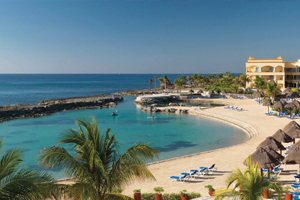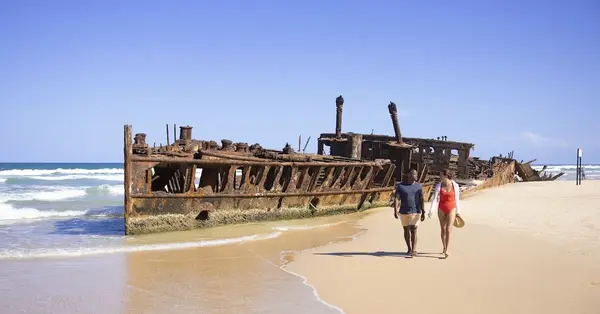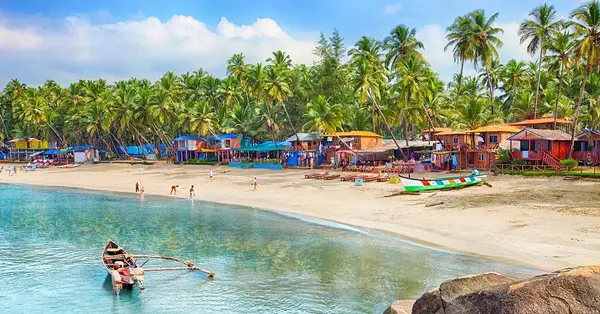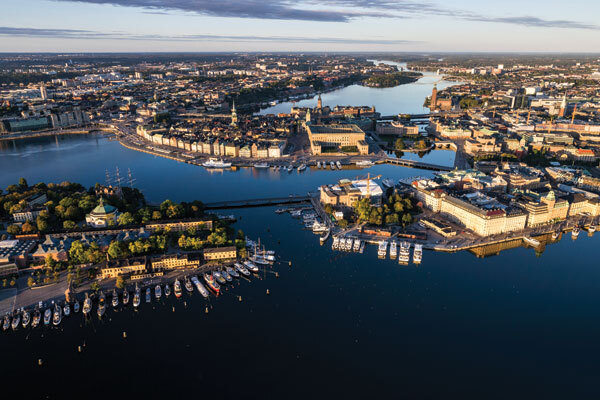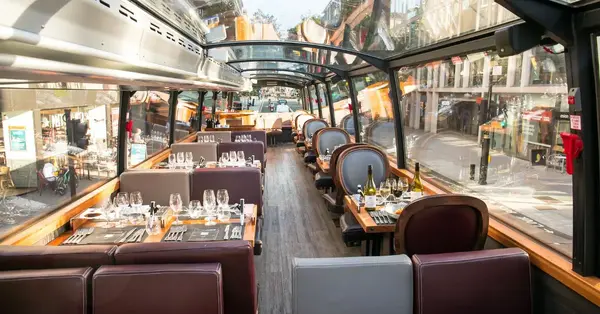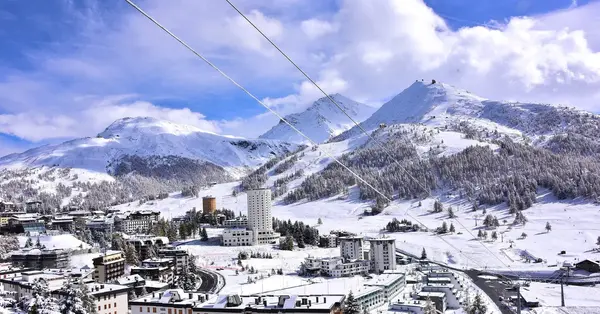You are viewing 1 of your 2 free articles
Analysis: What is the impact of all-inclusives?
Does the boom in all-inclusives help or hurt resorts? The Travel Foundation is poised to release research on customer spending. Ian Taylor reports
The Travel Foundation’s plans to launch an industry lottery to provide funds to expand its work marks the start of a new phase for the charity.
The value it brings to destinations and holidaymakers is not always recognised. But new research into the impact of the all-inclusive accommodation sector will underline the Travel Foundation’s careful approach to making tourism more sustainable.All-inclusives are booming.
But when holidaymakers pay for everything before departure, what does that mean for the places they visit? Without tourist spending, many local economies can wither, and with them the restaurants, bars, shops and businesses that entice visitors.
A Travel Foundation study among more than 700 UK holidaymakers in all-inclusive and other accommodation in Cyprus and Tenerife will be published in October. But Travel Weekly can reveal some key findings.
The research confirmed the average all-inclusive client spent less on food and drink in resort than other holidaymakers, while bed-and-breakfast customers spent the most.
However, aside from food and drink, spending by all-inclusive clients compared well with other holidaymakers. They were not the lowest spenders on shopping and excursions – the study found self-catering holidaymakers spent less. And one in seven all-inclusive customers spent more outside their hotel than the average among all holidaymakers.
The average all-inclusive client ate outside their hotel at least once, and one in four all-inclusive customers spent less than they expected – suggesting they would spend more if enticed.
At the same time, almost one in 10 non-all-inclusive holidaymakers spent less than £5 a night outside their hotel. In all, only 13% of holidaymakers stayed exclusively in their resort and, of these, 23% were not all-inclusive customers.
The research highlights a number of factors influencing spending, including the holiday cost, board, length of stay, number of repeat visits and how the quality of the hotel compares with what is on offer outside.
For example, the study found that twice as many people in one resort might eat outside their hotel than in another resort in the same destination.
Travel Foundation acting chief executive Salli Felton says: “There are some reports of all-inclusives killing local businesses, but others suggest they are thriving. The issue is the quality of the offering.”
There is no denying there are concerns. The research quotes a hotel manager saying: “If we keep focusing on all-inclusive, people will stay inside and the whole area will deteriorate.”
Some customers simply don’t wish to go beyond the hotel pool. One said: “All-inclusive is perfect for a ‘time-out’ holiday. We’re not interested in exploring.”
Customer behaviour can be complex. One holidaymaker said: “I’d have spent more [outside the hotel] if the food had not been so good [inside].” Another said: “We’ve spent a lot more than we expected because we’ve eaten out. The food [inside] has been too samey.”
Views on the atmosphere in local towns can be conflicting. One holidaymaker said: “I expected to go out, but all-inclusive is killing the place. All the restaurants are dead.” Yet a local business owner said: “We’re always busy. All-inclusives don’t affect us.”
Felton said: “There is a clear need for better dialogue and knowledge-sharing between operators, hoteliers, local businesses and destination authorities.
“For example, operators gather information about customer perceptions of resort ambience that should be shared with businesses. Destination authorities gather data that could be shared with tour operators.”She argued: “More should be done to promote the local characteristics of a destination. Customers are unaware of what’s outside the hotel.”
And she suggested: “New ways of doing business could enhance the customer experience and support the local economy – providing the opportunity to eat in a local restaurant as part of an all-inclusive package, for example.”
Yet, as Felton says: “There is considerable range in the amount customers spend regardless of board. It’s clear other factors come into play.” The full research should make interesting reading

